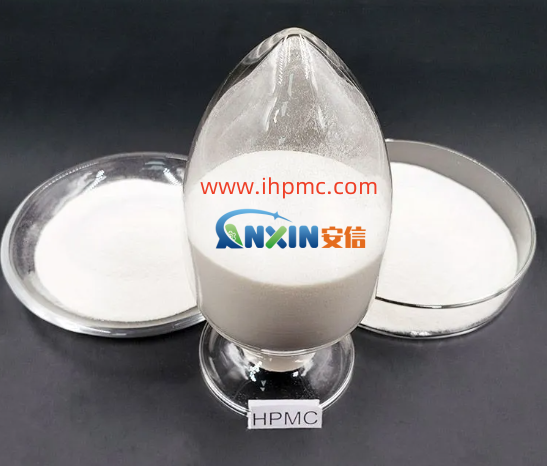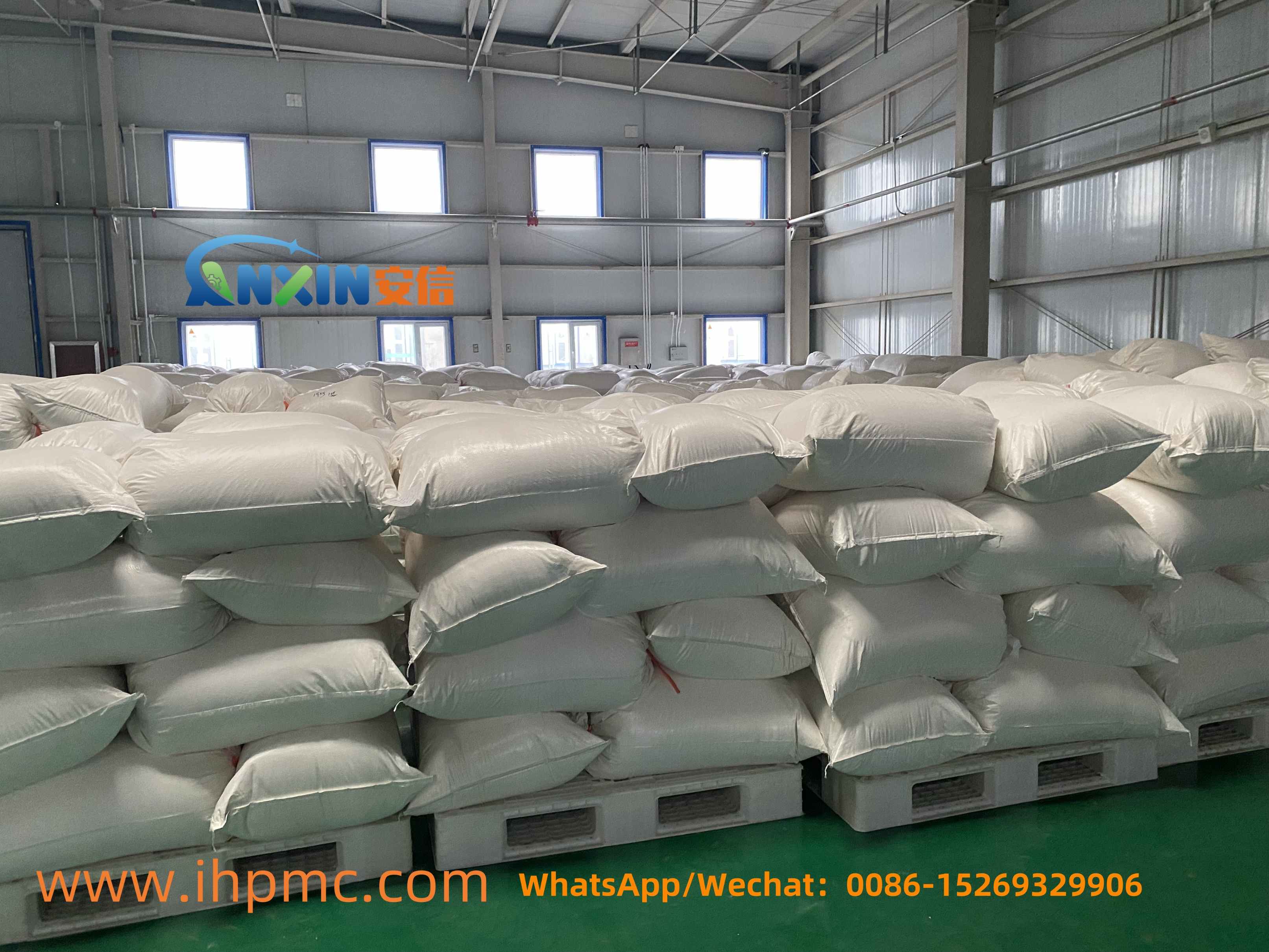Hydroxypropyl methylcellulose (HPMC) is an important thickener widely used in many industries such as building materials, medicine, food, and cosmetics. It plays a significant role in optimizing product performance by providing ideal viscosity and rheological properties, especially in stability, adhesion, water resistance, and film-forming properties.

1. Improve product viscosity and fluidity
HPMC thickener adjusts the viscosity of the solution to achieve ideal consistency and fluidity. This property is particularly important in building materials. For example, adding HPMC to cement mortar can increase the viscosity of the material, making it smoother and easier to apply during operation. In addition, the viscosity of HPMC can remain stable at different temperatures, avoiding unstable viscosity of the product due to temperature changes, thereby improving the use effect and durability of the product.
2. Improve the thixotropy and anti-sagging properties of the product
HPMC thickener has good thixotropy, which means that it can become thinner under shear force, but restores its original viscosity after the force stops. This property makes HPMC particularly suitable for the production of coatings and paints, and can effectively prevent product sagging problems. For example, during the painting process, HPMC can keep the paint at a low viscosity when the brush moves, making it easy to brush evenly, and restore viscosity after stopping the operation, effectively preventing sagging and sag, thereby improving construction efficiency and aesthetics.
3. Improve water resistance and film-forming properties
HPMC thickener has good solubility in water environment, but it has excellent film-forming and water resistance. For example, adding HPMC to tile adhesive or cement-based adhesive can form a film after the product is cured. This film not only helps to improve the water resistance of the material, but also enhances the bonding strength and crack resistance. This is very important for building materials, especially in products such as waterproof mortar and caulking agents, which can effectively extend the service life of buildings.
4. Enhance the water retention of products
The water retention property of HPMC makes it very unique in many applications. For example, in cement mortar, HPMC can effectively retain water and prevent it from evaporating too quickly. This property is particularly useful in hot or dry environments, helping cement and other building materials stay moist during the curing process and avoid cracking caused by too rapid drying. The water retention properties of HPMC thickeners are also widely used in food and cosmetics, such as facial masks, moisturizers and other products to enhance their moisturizing effects.
5. Improve product adhesion
HPMC can effectively improve the bonding strength of products, especially in the application of building adhesives and tile adhesives. After adding HPMC to cement mortar or tile adhesives, the bonding properties of the products are significantly improved, and they can adhere more firmly to the substrate. Its thickening effect helps to better fill gaps, further enhancing the bonding effect and stability of the products. This bonding is particularly critical in construction, which can not only ensure the close bonding between building materials, but also help to extend the life and performance stability of building materials.
6. Improve product stability
HPMC has good chemical stability and is not easily affected by pH changes and temperature fluctuations. This property makes HPMC suitable for a variety of formulations and can stably play a thickening role in different chemical environments. For example, in medicine and cosmetics, the chemical stability of HPMC ensures that the product is not prone to decomposition and deterioration during long-term storage, thereby maintaining the stability and effectiveness of the formula.

Post time: Nov-18-2024